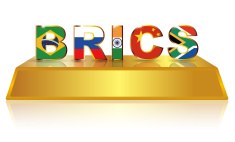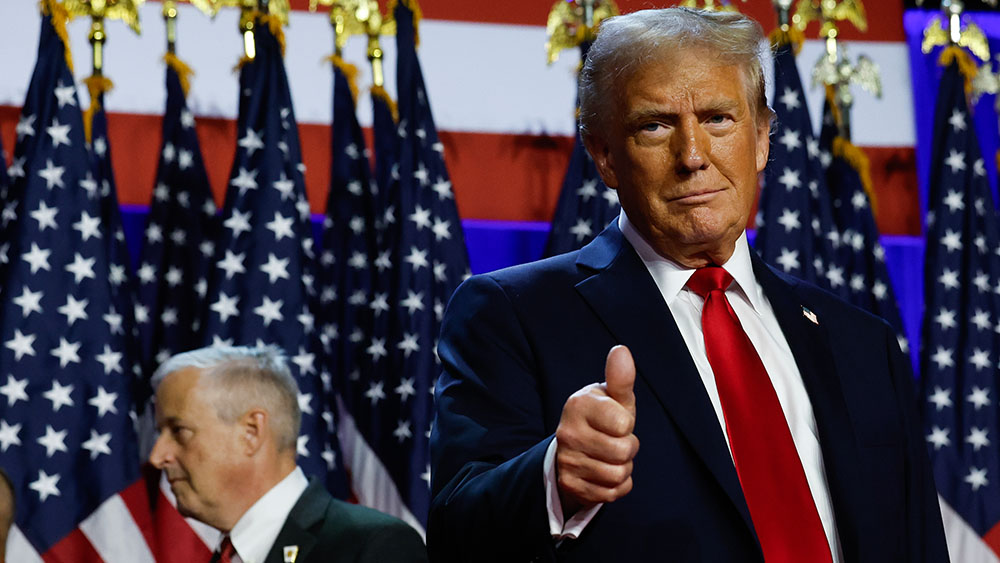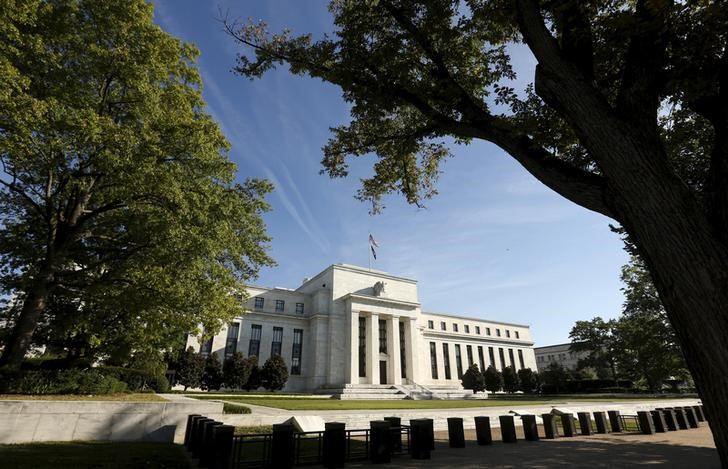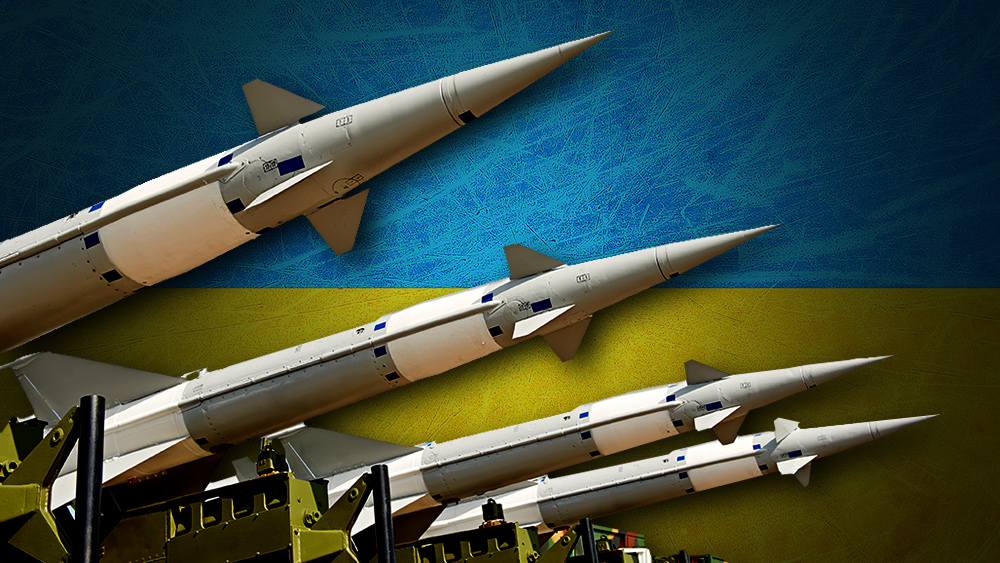Indonesia joins BRICS in a growing challenge to Western dominance
01/07/2025 / By Cassie B.

- Indonesia officially joins BRICS, strengthening the bloc’s role as a counterweight to Western dominance.
- BRICS now represents nearly half the global population and over a third of global GDP.
- The group aims to reduce reliance on the U.S. dollar, challenging American economic hegemony.
- Over two dozen nations, including Turkey and Saudi Arabia, have expressed interest in joining BRICS.
- The expansion reflects growing dissatisfaction with Western-led global governance and institutions.
In a move that signals a seismic shift in global power dynamics, Indonesia, the world’s fourth most populous nation, has officially joined the BRICS bloc, a coalition of emerging economies increasingly seen as a counterweight to Western dominance. The announcement, made by Brazil, the group’s current rotating chair, on Monday, underscores the bloc’s growing influence and its ambition to reshape the global economic order.
With Indonesia’s membership, BRICS now represents nearly half of the world’s population and over a third of global GDP. But beyond the numbers, this expansion raises critical questions about the future of the U.S. dollar’s dominance and the West’s ability to maintain its grip on global governance.
BRICS—an acronym for Brazil, Russia, India, China, and South Africa—was formally established in 2009. The group initially focused on mutual investment and financial stability. However, over the years, it has evolved into a broader platform addressing security, trade, and global governance reform.
Indonesia’s entry marks the latest expansion of the bloc, which welcomed Iran, Egypt, Ethiopia, and the United Arab Emirates as full members last year. More than two dozen other countries, including Turkey, Saudi Arabia, and Malaysia, have expressed interest in joining or cooperating with BRICS. This rapid growth reflects the bloc’s appeal to developing nations seeking alternatives to Western-led institutions like the International Monetary Fund (IMF) and the World Bank.
“Indonesia shares with the other members of the group support for the reform of global governance institutions and contributes positively to the deepening of cooperation in the Global South,” Brazil’s government said in a statement. Indonesia’s Foreign Ministry echoed this sentiment, calling its membership “a strategic step to increase collaboration and cooperation with other developing countries, based on the principles of equality, mutual respect, and sustainable development.”
Dedollarization: A threat to U.S. economic hegemony
One of BRICS’ most ambitious goals is dedollarization—reducing reliance on the U.S. dollar in international trade. Members like Russia and China have long criticized Washington for using the dollar as a political tool, particularly through sanctions. To counter this, BRICS has explored creating a common currency or expanding the use of local currencies in trade.
This push has drawn sharp criticism from U.S. President-elect Donald Trump, who has threatened to impose 100% tariffs on BRICS nations if they move away from the dollar. “The idea that the BRICS countries are trying to move away from the dollar while we stand by and watch is OVER,” Trump wrote on his social media platform, Truth Social. “They can go find another sucker.”
While some analysts view Trump’s threats as negotiation tactics, the stakes are undeniably high. The dollar’s dominance has long underpinned U.S. economic power, enabling Washington to exert influence over global markets and finance. A successful dedollarization effort by BRICS could weaken this position, potentially destabilizing the global economy.
Why the West should be worried
The expansion of BRICS represents more than just a challenge to the dollar; it reflects a broader dissatisfaction with the Western-led global order. Many developing nations feel marginalized by institutions like the G7, which they see as dominated by wealthy, Western countries. BRICS offers an alternative platform for these nations to assert their interests and pursue policies that prioritize their development needs.
For the West, the rise of BRICS is a wake-up call. The bloc’s growing membership and ambitious agenda highlight the need for reform in global governance institutions. Without meaningful changes, Western nations risk losing their influence in an increasingly multipolar world.
A new world order in the making?
Indonesia’s entry into BRICS is a significant milestone in the bloc’s evolution from an economic concept to a geopolitical force. As more nations join or express interest in the group, BRICS is poised to play an increasingly prominent role in shaping the global economic and political landscape. For the West, this presents both a challenge and an opportunity—to adapt to a changing world or risk being left behind.
The coming years will test whether BRICS can deliver on its promises of reform and cooperation. But one thing is clear: the world is witnessing the emergence of a new order, and the West must take notice.
Sources for this article include:
Submit a correction >>
Tagged Under:
big government, BRICS, currency clash, dedollarization, dollar demise, Indonesia, money supply, national security, new world order, risk
This article may contain statements that reflect the opinion of the author
Get independent news alerts on natural cures, food lab tests, cannabis medicine, science, robotics, drones, privacy and more from NewsTarget.com
Get independent news alerts on natural cures, food lab tests, cannabis medicine, science, robotics, drones, privacy and more from NewsTarget.com
RECENT NEWS & ARTICLES
COPYRIGHT © 2017 DEBT COLLAPSE NEWS





















